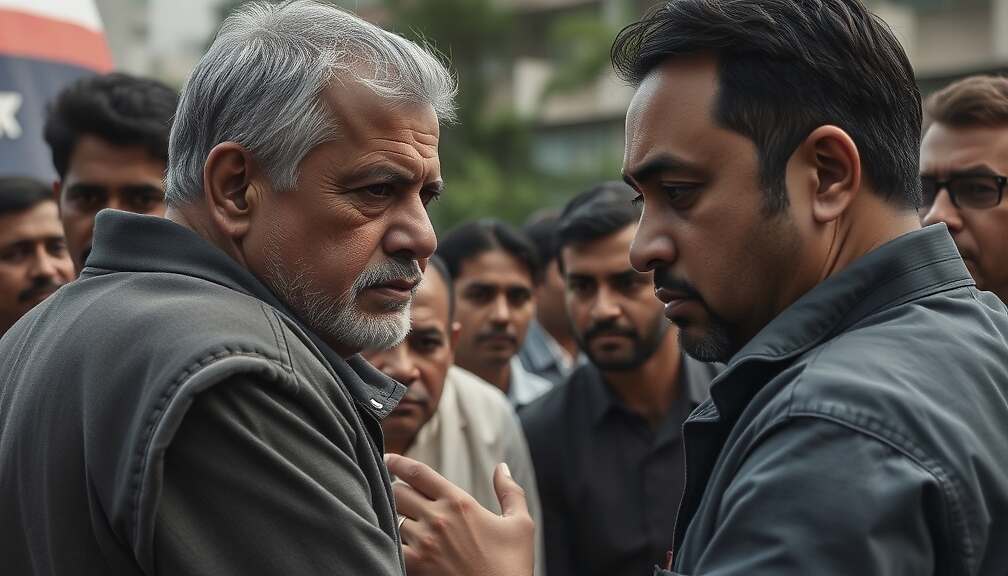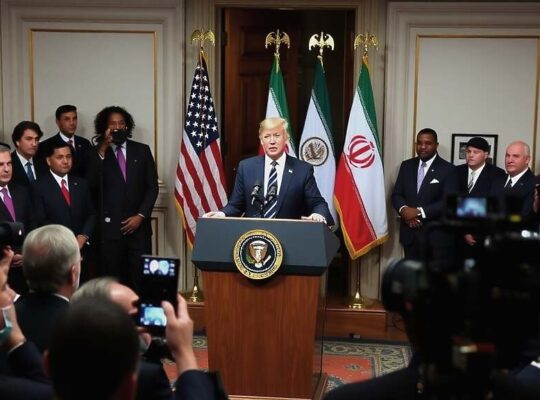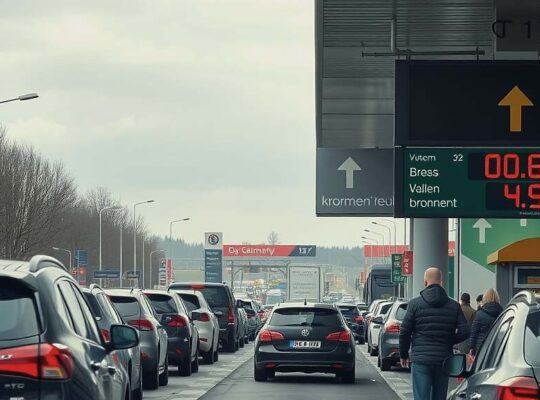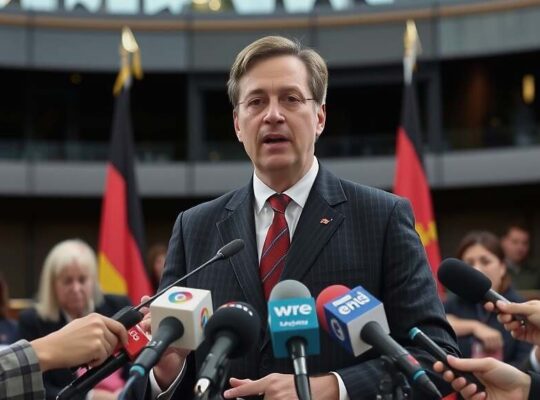Germany is teetering on the brink of significant social unrest, according to the head of the German Confederation of Trade Unions (DGB), Yasmin Fahimi, who has issued a stark warning to employers and signaled a potential escalation to mass strikes. In an interview with the Redaktionsnetzwerk Deutschland, Fahimi expressed deep concern over the trajectory of economic policy and its corrosive impact on the nation’s social fabric.
Fahimi’s critique centers on what she characterizes as a resurgence of “neoliberal market policies” actively undermining established social protections for workers while simultaneously demanding increased productivity and a willingness to accept potential job losses. She argues that this approach risks creating a society fractured by resentment and inequality, a scenario she described as increasingly likely if current trends persist.
“We are steering towards a major social conflict” Fahimi stated, emphasizing the potential for widespread disruption if employers fail to adjust course. While she voiced a preference for avoiding such a confrontation, Fahimi unequivocally warned that the DGB is prepared to respond decisively should negotiations fail. The union leader’s remarks can be interpreted as a veiled threat of escalating industrial action, with existing targeted warning strikes likely to become significantly more frequent and widespread.
Currently, numerous localized work stoppages are already underway, demonstrating the growing frustration amongst workers. Fahimi highlighted that the DGB is actively mobilizing its members, bringing them to factory gates to defend company locations and demand greater job security. This proactive stance underscores the seriousness with which the union views the deteriorating situation.
Despite the confrontational rhetoric, Fahimi stressed the DGB’s willingness to engage in constructive dialogue with employers. She reiterated the union’s readiness to discuss strategies for securing company locations and promoting intelligent investment, but stressed that such a dialogue requires reciprocity. Fahimi accused employers of failing to extend a hand of partnership and collaboration, thereby hindering any prospect of a resolution before the potential for social rupture intensifies. The future climate of industrial relations in Germany now hinges on whether employers are willing to fundamentally reassess their current approach.












